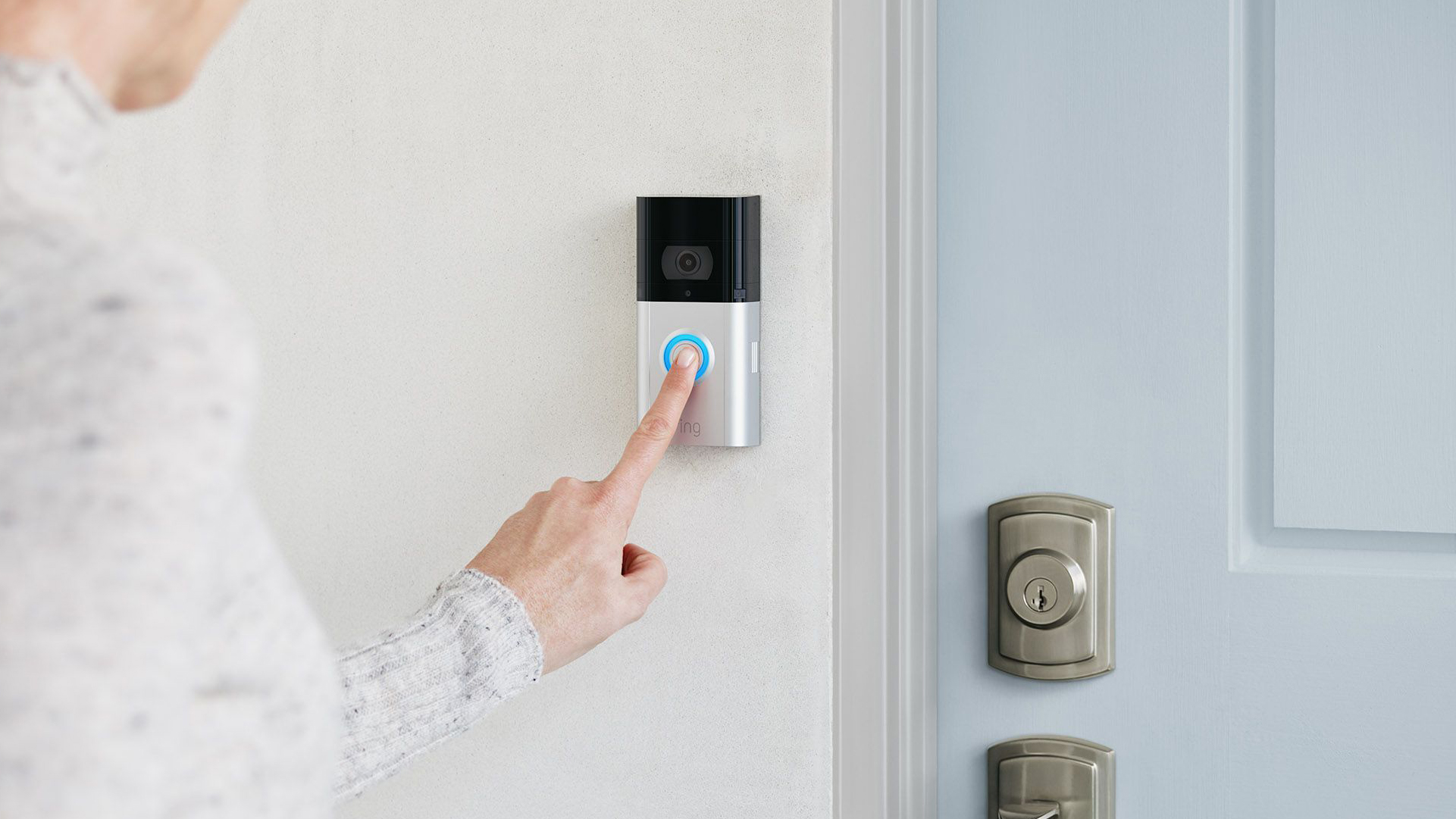

I think Ring video doorbells and smart home cameras are brilliant, but I was today years old when I decided that I might actually consider buying one. That’s because before today, I knew that my video was accessible to people other than me, meaning that it could be listened to or watched by people I haven’t given explicit permission to: subcontractors, employees, and even the police.
That’s changed, because Ring now offers end-to-end encryption. This type of encryption means that the key to decrypt your data is yours and yours alone, preventing other people from intercepting and/or viewing it without being given access entirely by you.
After a successful trial in the US, it’s rolling out end-to-end encryption internationally to 13 of its cameras alongside a whole bunch of worthwhile security improvements, including authenticator apps and CAPTCHA checks to frustrate automated attacks by bad actors.
Even if you don’t enable the new feature your footage will be encrypted when it travels to Ring’s servers (as it was before), but if you enable it then the only person who can ever view the recordings is you. That’s really good news even if you don’t own a tinfoil hat like me.
Why end-to-end encryption is important
If like me you grew up on a diet of dystopian sci-fi, the prospect of a giant unaccountable corporation building a national and maybe even global surveillance network will give you the screaming heebie-jeebies. And given the Amazon-owned Ring has links with nearly 2,000 police departments in the US, it’s not tinfoil hat territory to worry about who can access your camera or its footage, because you simply don't control who is being given the keys to your video.
Ring has been changing the way it responds to requests from public safety agencies such as law enforcement. As of last month, such agencies should no longer request footage from Ring, but in public via the Neighbors app.
That's a good start, but Ring still receives hundreds of legal requests from law enforcement and the security services every year, as it explains in its transparency report. Enabling end-to-end encryption would mean that nobody, not even Ring, would be able to access your video unless you allow it, and therefore know about it.
Sign up to the T3 newsletter for smarter living straight to your inbox
Get all the latest news, reviews, deals and buying guides on gorgeous tech, home and active products from the T3 experts
The argument against encryption is that if you have nothing to hide, you have nothing to fear. But equally, if we have nothing to hide there’s no reason why we shouldn’t be able to encrypt our data – especially when giant tech firms don’t exactly have a great track record of anticipating privacy or data security issues.
For example in 2019 The Verge reported that Ring employees could access users’ videos and executives could access customers’ live camera feeds; there's no suggestion that that access was ever abused, but it simply should be something you ever have to worry about. End-to-end encryption removes the possibility.
Offering encryption won’t stop the cops from cracking down on criminals, but it gives you real peace of mind that you’re not inviting unwanted visitors to take a look around your home. Think of it like curtains: we don’t have them because we’re up to no good. We have them because we don’t want other people staring through our windows. And I want these 'curtains' for any camera that's going to be viewing my home all the time.
Writer, musician and broadcaster Carrie Marshall has been covering technology since 1998 and is particularly interested in how tech can help us live our best lives. Her CV is a who’s who of magazines, newspapers, websites and radio programmes ranging from T3, Techradar and MacFormat to the BBC, Sunday Post and People’s Friend. Carrie has written more than a dozen books, ghost-wrote two more and co-wrote seven more books and a Radio 2 documentary series; her memoir, Carrie Kills A Man, was shortlisted for the British Book Awards. When she’s not scribbling, Carrie is the singer in Glaswegian rock band Unquiet Mind (unquietmindmusic).
-
 3 overrated shoulder exercises, according to a fitness expert (and what to do instead)
3 overrated shoulder exercises, according to a fitness expert (and what to do instead)Sculpt 3D shoulders whilst minimising injury with these three alternative exercises
By Bryony Firth-Bernard Published
-
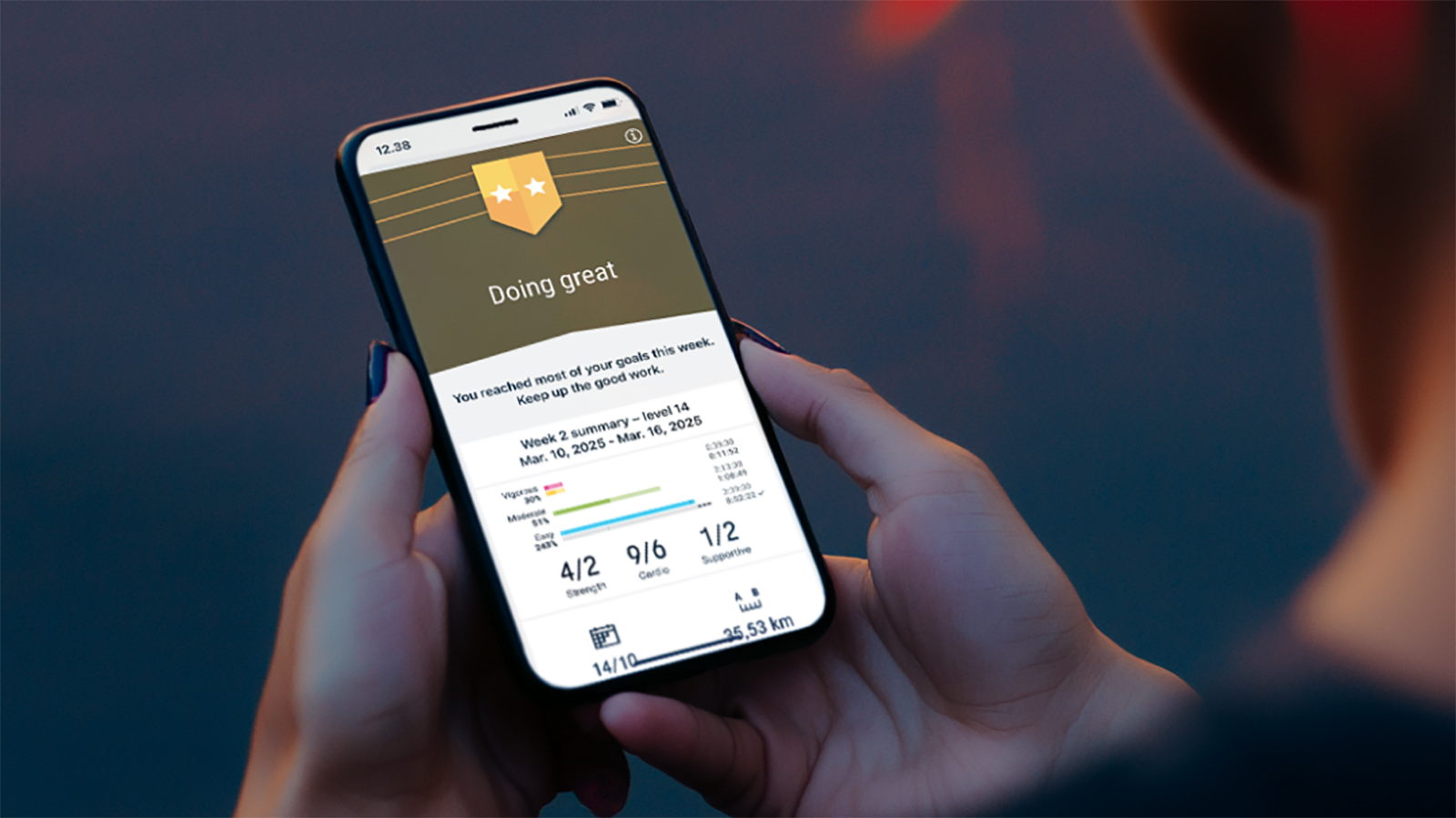 Polar’s new subscription feature lands in the shadow of Garmin’s Connect+ rollout
Polar’s new subscription feature lands in the shadow of Garmin’s Connect+ rolloutPR genius or timing disaster? Polar’s new Fitness Programme adds adaptive training to its ecosystem
By Matt Kollat Published
-
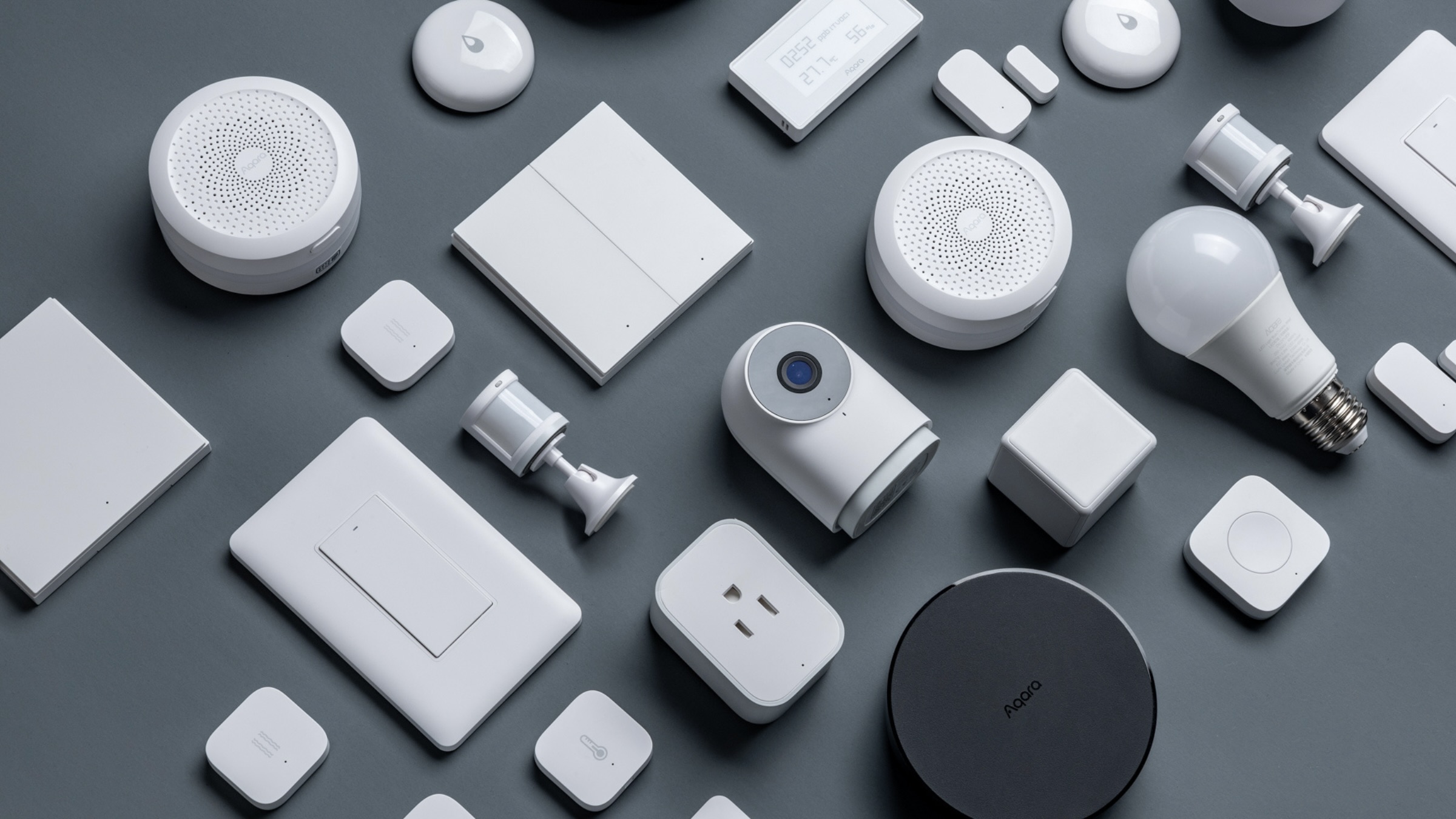 Aqara's smart home gadgets are finally becoming Matter-compatible
Aqara's smart home gadgets are finally becoming Matter-compatibleHere's everything you need to know
By Lizzie Wilmot Published
-
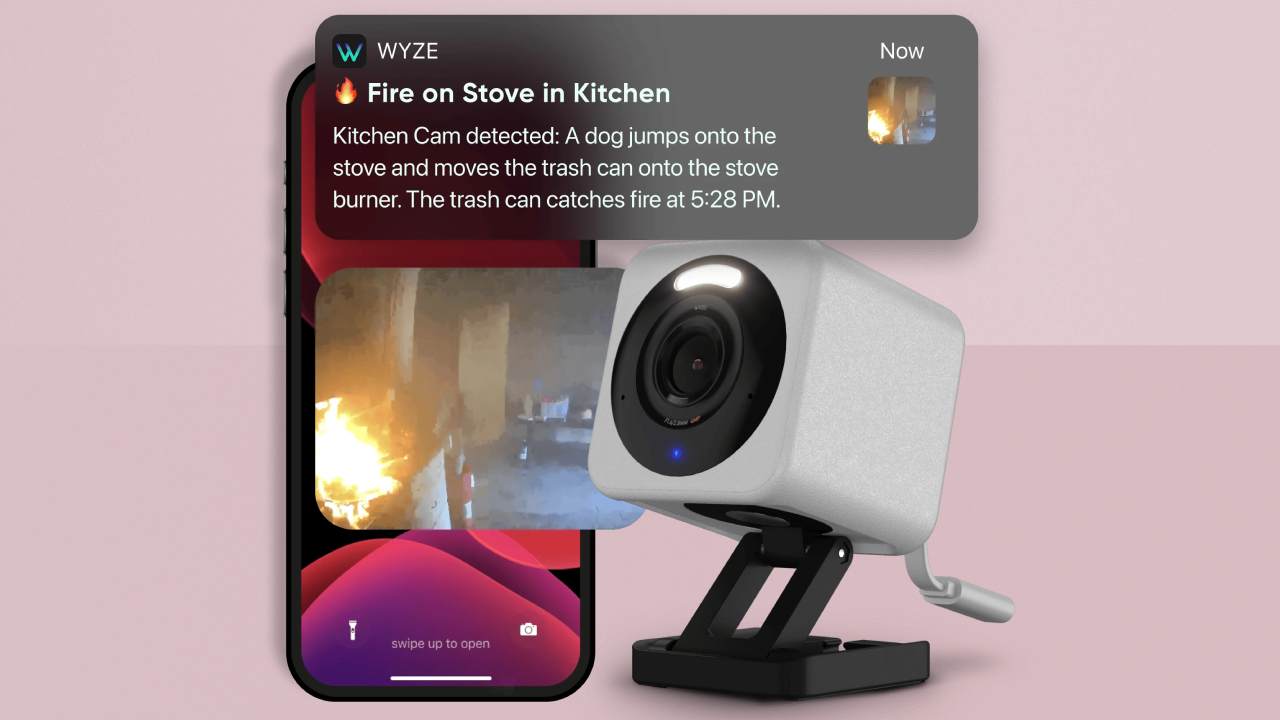 Wyze’s new AI feature only tells you the important things caught on your security cameras – here’s how
Wyze’s new AI feature only tells you the important things caught on your security cameras – here’s howWyze adds AI feature to its Cam Unlimited Pro subscription plan
By Bethan Girdler-Maslen Published
-
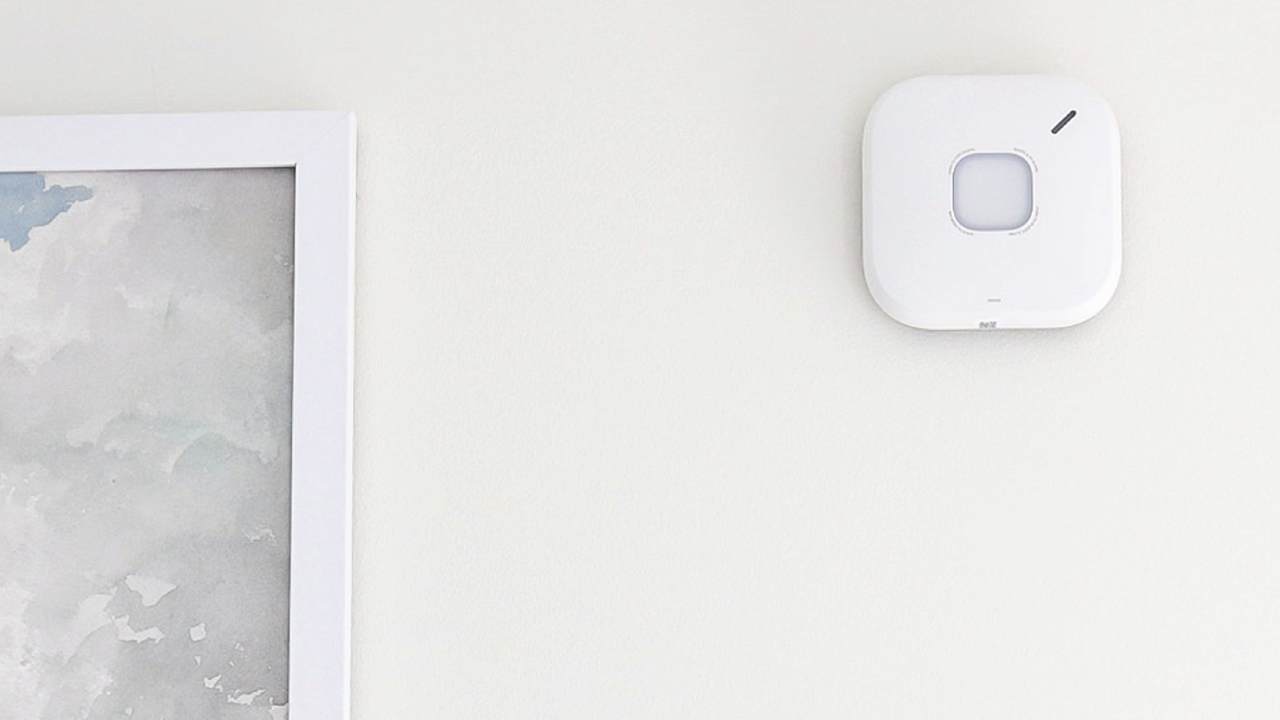 Google drops its Nest smoke alarms but First Alert has it covered
Google drops its Nest smoke alarms but First Alert has it coveredGoogle Nest partners with First Alert on smart smoke and CO alarm
By Bethan Girdler-Maslen Published
-
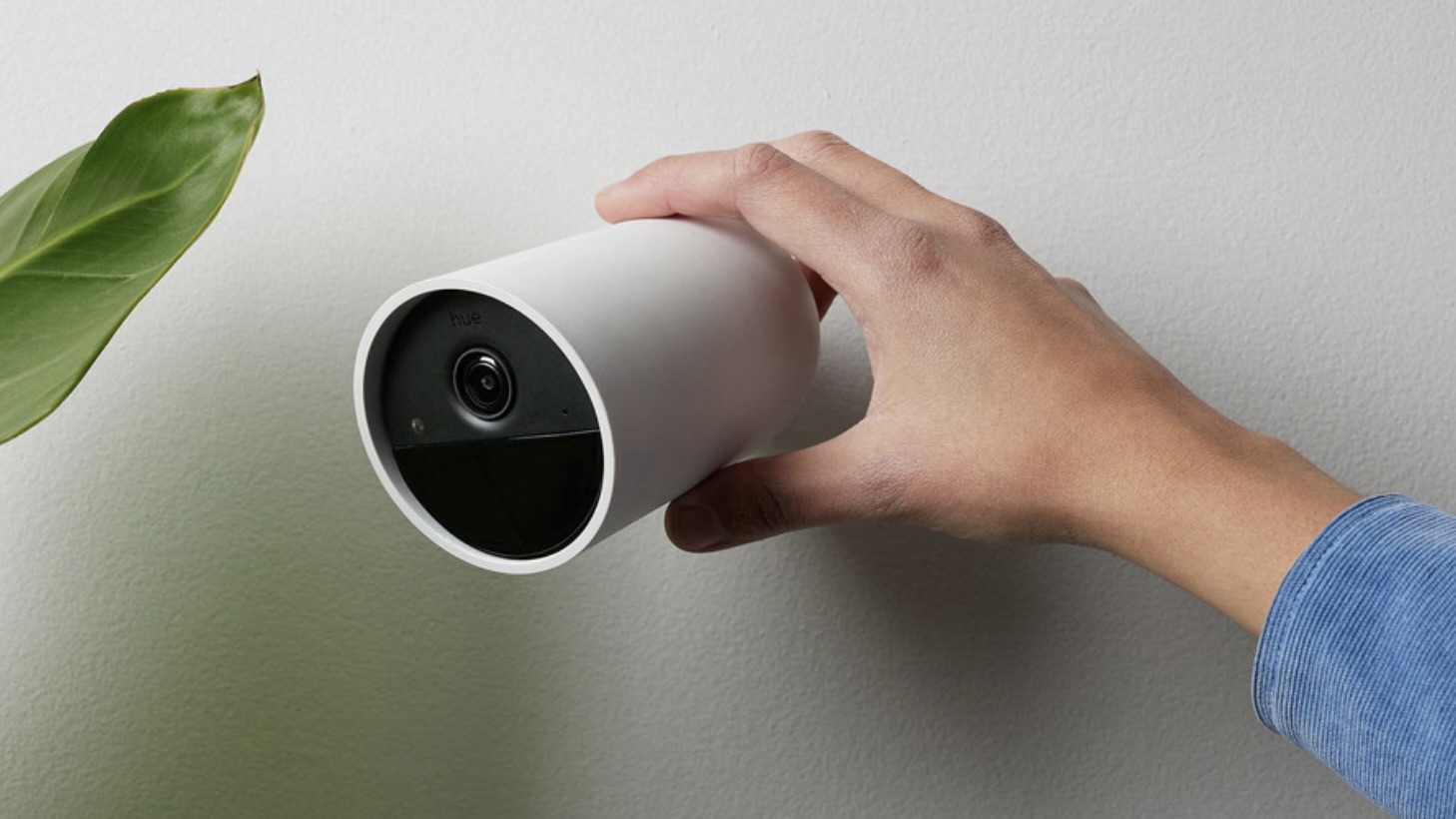 Philips Hue Secure cameras get major battery life boost with latest update
Philips Hue Secure cameras get major battery life boost with latest updateIt's the first update in a while that solely focuses on Hue Secure products
By Lizzie Wilmot Published
-
 New Matter leak reveals exciting smart garden tools heading our way – a lot sooner than expected
New Matter leak reveals exciting smart garden tools heading our way – a lot sooner than expectedThat was pretty unexpected!
By Lizzie Wilmot Published
-
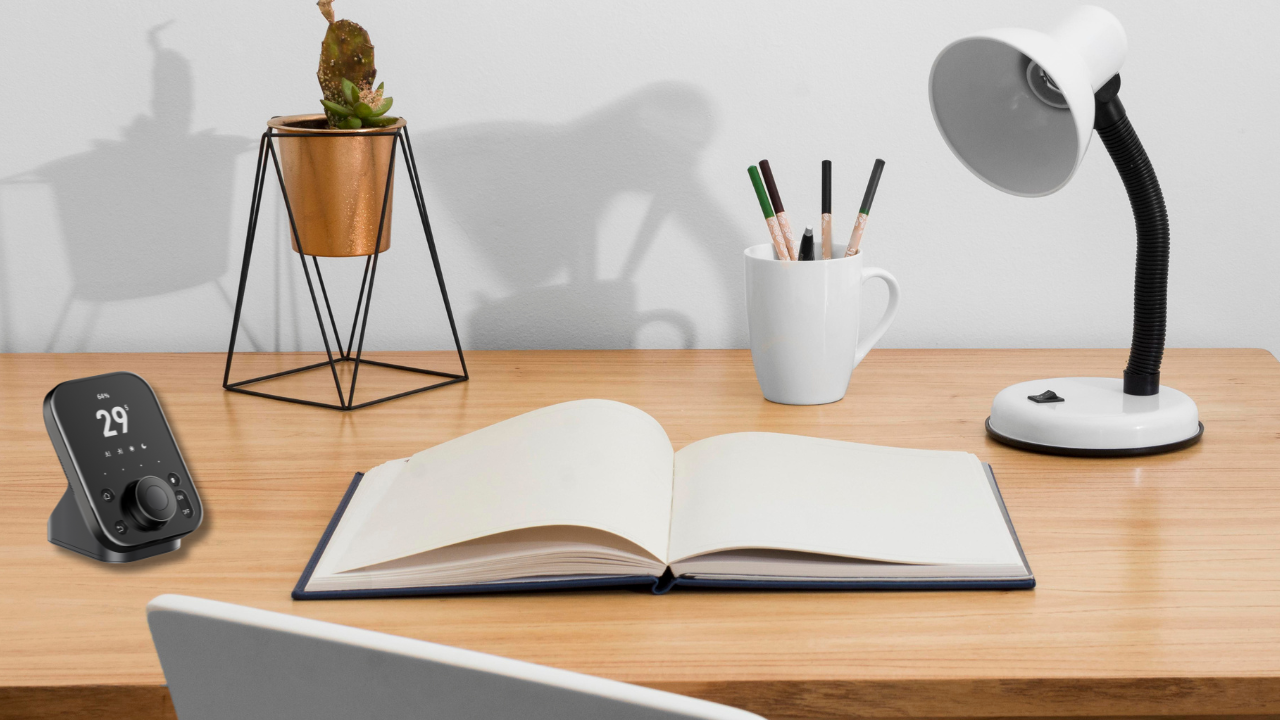 Setting up a smart home as a renter? You have to check out SwitchBot's new hub
Setting up a smart home as a renter? You have to check out SwitchBot's new hubHere's what we know so far
By Lizzie Wilmot Published
-
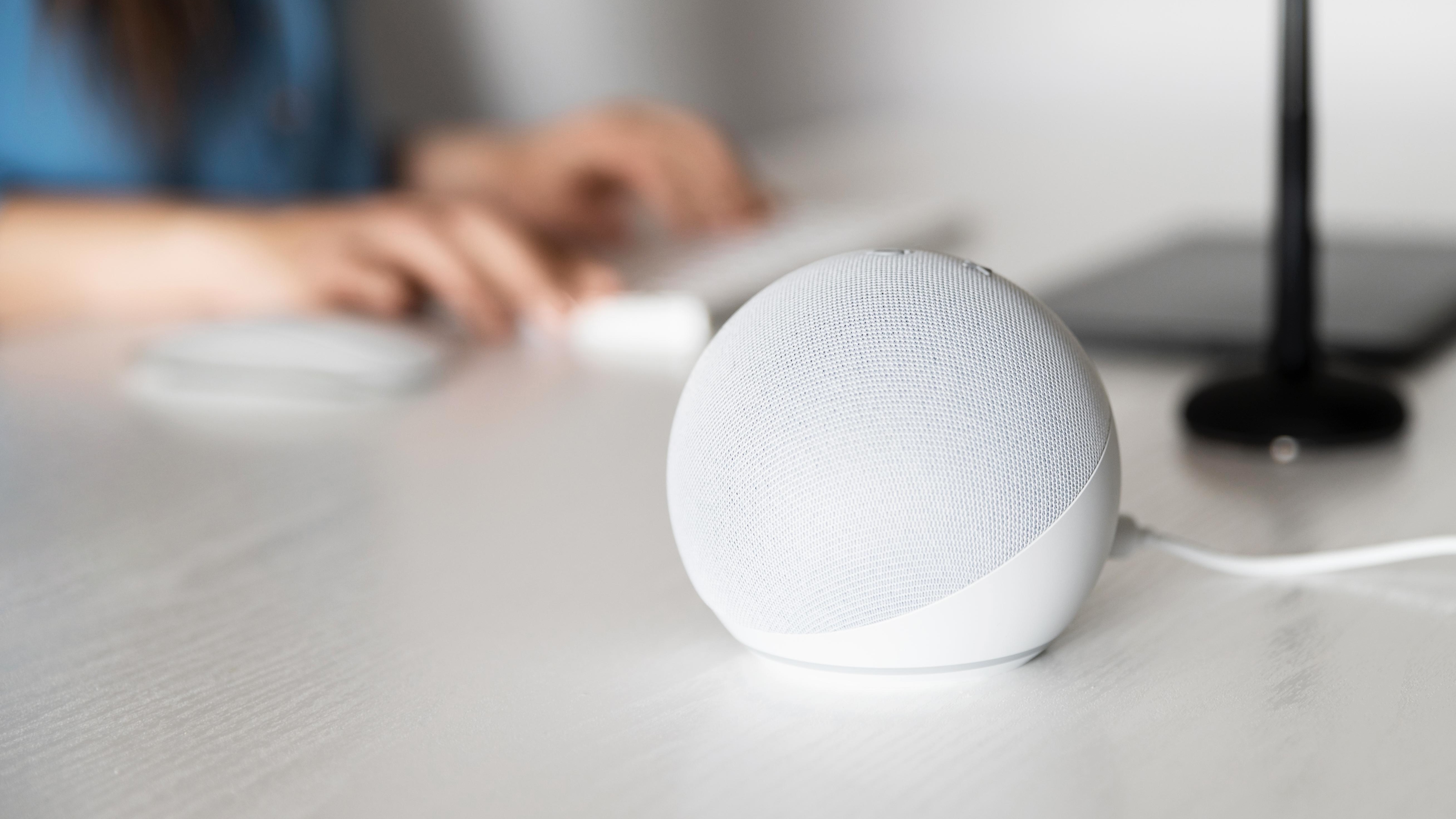 Starting a smart home? I'm an expert and this is the smart speaker you should buy
Starting a smart home? I'm an expert and this is the smart speaker you should buyIt comes down to three options
By Lizzie Wilmot Published
-
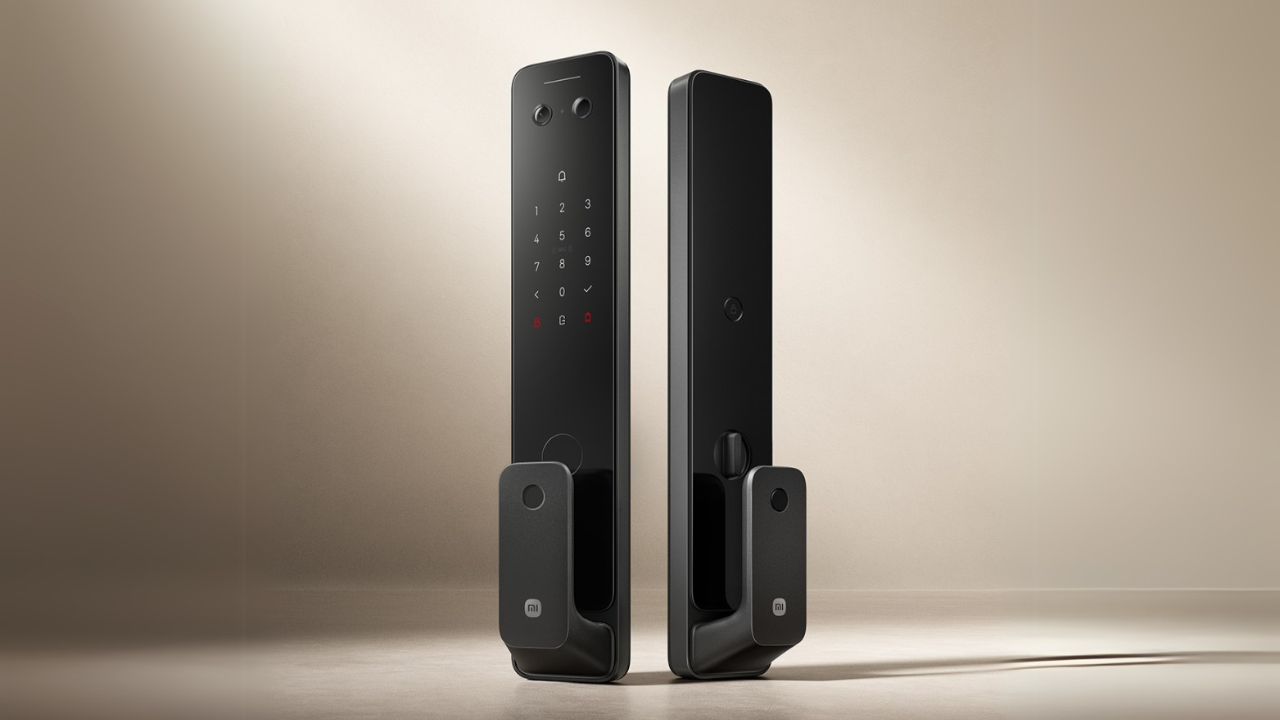 Forget keys – Xiaomi's new smart lock has you covered with 9 different entry modes
Forget keys – Xiaomi's new smart lock has you covered with 9 different entry modesIt's an all-in-one security solution
By Lizzie Wilmot Published